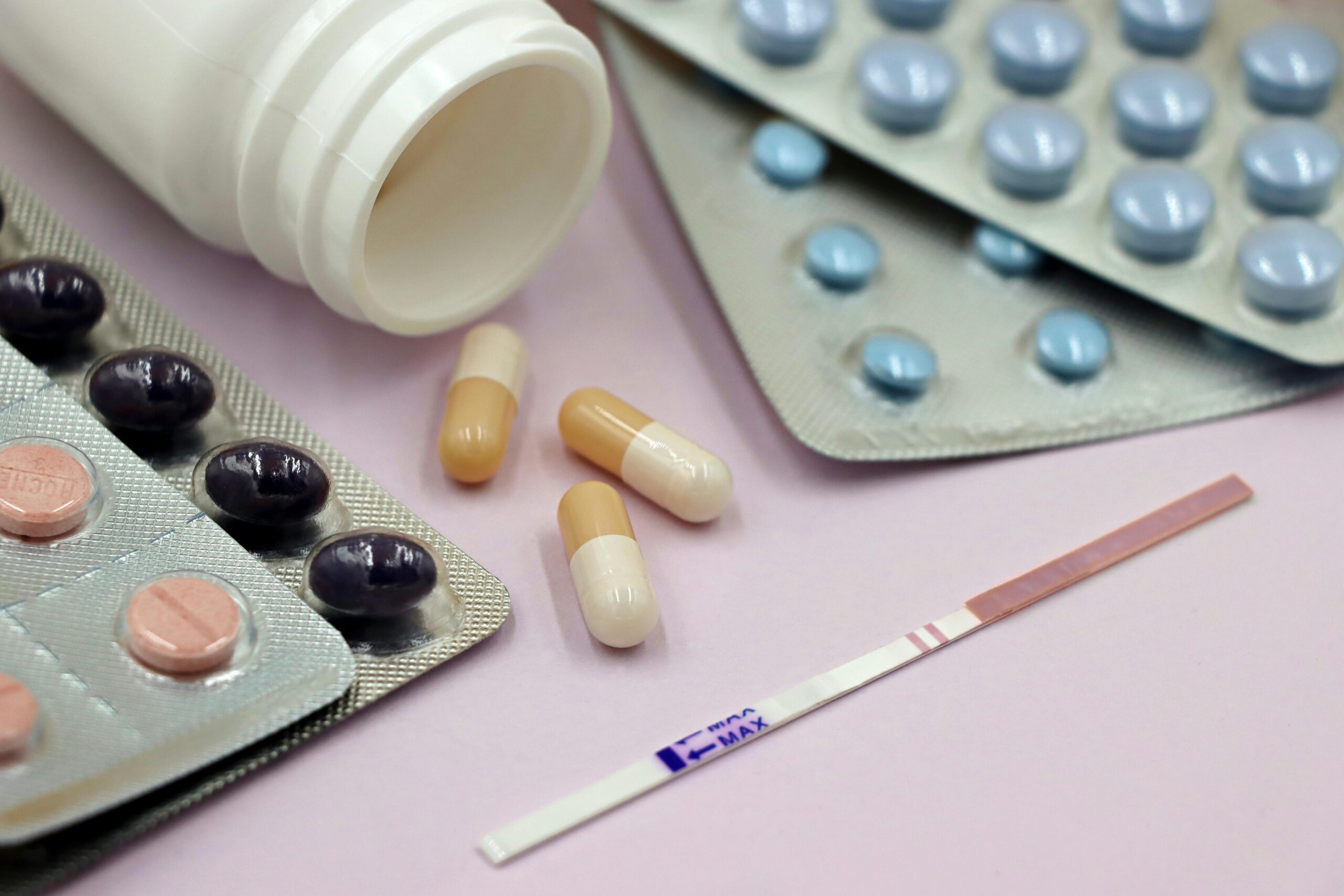Hormones are the body’s chemical messengers—they control everything from your metabolism and mood to your energy levels and reproductive system. When these messengers become imbalanced, it can lead to a range of physical and emotional issues.
This article will explore:
- What hormones are and why balance matters
- Common causes of hormonal imbalance
- Signs and symptoms in men and women
- Natural treatment strategies and lifestyle tips
🧬 What Are Hormones?
Hormones are chemicals produced by glands in the endocrine system. They regulate key bodily functions such as:
- Growth and development
- Mood and stress response
- Reproductive health
- Sleep cycles
- Blood sugar regulation
- Metabolism and weight
Key glands include the thyroid, pituitary, adrenal glands, pancreas, and reproductive organs.
⚠️ What Is Hormonal Imbalance?
A hormonal imbalance occurs when there is too much or too little of a particular hormone in your bloodstream. Even slight changes can significantly affect the body.
Hormonal imbalance can be temporary (e.g., during puberty or menstruation) or chronic (due to medical conditions or lifestyle factors).
🔍 Common Causes of Hormonal Imbalance
There are many reasons why hormone levels may become disrupted. Some of the most common include:
1. Chronic Stress
High stress elevates cortisol (the stress hormone), which can suppress other hormones like progesterone and testosterone.
2. Poor Diet
Processed foods, sugar, and excessive caffeine can throw off insulin and estrogen levels.
3. Lack of Sleep
Inadequate sleep disrupts melatonin, growth hormone, and insulin regulation.
4. Thyroid Disorders
Hypothyroidism and hyperthyroidism can affect metabolism and energy.
5. Polycystic Ovary Syndrome (PCOS)
A common female condition affecting insulin and androgen levels.
6. Menopause and Andropause
Natural life changes that reduce estrogen, progesterone, or testosterone.
7. Birth Control or Hormone Therapy
External hormones can suppress the body’s natural production over time.
8. Environmental Toxins
Endocrine-disrupting chemicals (EDCs) found in plastics, pesticides, and cosmetics mimic hormones in the body.
👩⚕️ Symptoms of Hormonal Imbalance
Symptoms can vary depending on which hormone is imbalanced and whether you’re male or female.
In Women:
- Irregular or heavy periods
- PMS or PMDD
- Weight gain (especially around the belly)
- Hair thinning or hair loss
- Acne
- Mood swings or depression
- Low libido
- Fertility issues
- Hot flashes (menopause)
In Men:
- Low sex drive
- Erectile dysfunction
- Loss of muscle mass
- Increased body fat
- Hair loss
- Fatigue
- Depression or irritability
In Both:
- Sleep problems
- Brain fog
- Anxiety or panic attacks
- Constant fatigue
- Digestive issues
🧪 How Is It Diagnosed?
Doctors may use:
- Blood tests to check levels of estrogen, testosterone, cortisol, insulin, thyroid hormones (TSH, T3, T4), and others
- Saliva tests for cortisol and DHEA
- Ultrasound or imaging to check ovaries, thyroid, or adrenal glands
A full evaluation helps determine the root cause and best treatment.
🌿 Natural Treatments for Hormonal Imbalance
While some cases may require medical treatment (like thyroid medication or insulin therapy), natural methods can often rebalance hormones safely and effectively.
1. Eat a Hormone-Balancing Diet
Focus on:
- Healthy fats (avocados, olive oil, nuts)
- Cruciferous vegetables (broccoli, kale)
- Fiber-rich foods (whole grains, legumes)
- Protein (eggs, fish, lean meats)
- Limit sugar, dairy, caffeine, and alcohol
2. Exercise Regularly
- Strength training boosts testosterone.
- Cardio helps balance insulin and cortisol.
- Yoga lowers stress and supports adrenal health.
Aim for 30–45 minutes daily of movement.
3. Prioritize Sleep
Hormones regenerate and reset during sleep.
Tips:
- Sleep 7–9 hours nightly
- Avoid screens before bed
- Sleep in complete darkness
- Stick to a consistent bedtime
4. Manage Stress
High cortisol disrupts every other hormone.
Try:
- Deep breathing
- Meditation
- Journaling
- Time in nature
- Saying “no” to overstimulation
5. Limit Endocrine Disruptors
Avoid:
- Plastics (especially in food containers)
- Non-organic meat or dairy
- Artificial fragrances
- Parabens and phthalates in cosmetics
Use natural and organic alternatives where possible.
6. Consider Herbal Remedies (with doctor guidance)
Herbs that may support hormone health:
| Herb | Benefit |
|---|---|
| Maca root | Balances estrogen & improves libido |
| Ashwagandha | Reduces cortisol & stress |
| Vitex (Chasteberry) | Supports progesterone & menstrual cycles |
| Rhodiola | Balances stress hormones |
| Evening Primrose Oil | Helps PMS and menopause symptoms |
7. Support Liver Function
The liver helps metabolize excess hormones like estrogen.
Eat:
- Garlic and onions
- Bitter greens (dandelion, arugula)
- Beets
- Drink warm lemon water
🩺 When to Seek Medical Help
Consult a healthcare provider if:
- Symptoms are persistent or worsening
- You have fertility issues
- You suspect thyroid, adrenal, or insulin problems
- Lifestyle changes haven’t improved your condition
✅ Final Takeaway
Hormonal imbalance is common, especially in today’s high-stress, fast-paced world. But with the right combination of nutrition, stress management, sleep, and toxin reduction, you can support your body’s hormonal harmony.
Balance is possible—naturally and safely.



